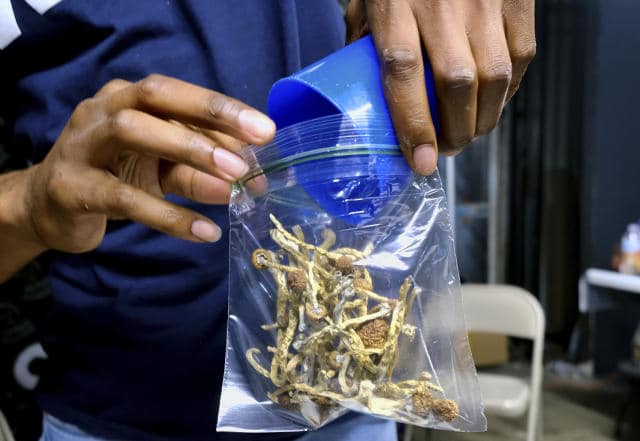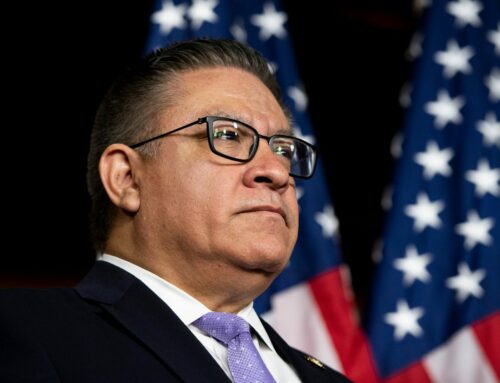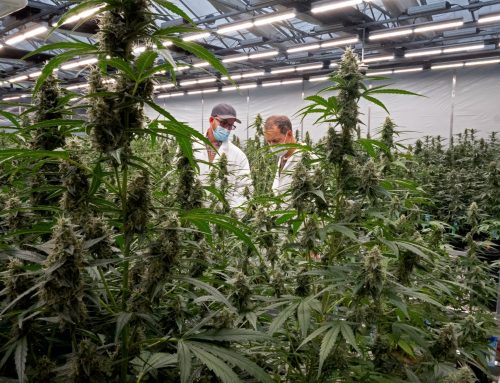Study: Psilocybin Rewires Brain Connections To Help Alleviate Depression
SAN FRANCISCO-According to a new study by experts at UC San Francisco and Imperial College London, psilocybin promotes stronger connections between different parts of the brain in depressed people, liberating them from long-held patterns of rumination and excessive self-focus.
The finding suggests to a broad mechanism by which psychedelics may function therapeutically on the brain to reduce depression and probably other psychiatric illnesses characterized by rigid thought patterns.
Nearly 60 persons who took part in two psilocybin studies had their fMRI brain scans reviewed by scientists. All of the patients in the first study had treatment-resistant depression and were aware that they would be given psilocybin. The subjects in the second study were sad but not as badly, and they were not told whether they had received psilocybin or a placebo, which turned out to be escitalopram, an SSRI antidepressant. All of the individuals received the same form of psychotherapy in addition to the medicines.
The scans revealed that psilocybin treatment reduced connections within brain areas that are tightly connected in depression, such as the default mode, salience, and executive networks, while increasing connections to other parts of the brain that were not well integrated.
Participants’ emotional avoidance decreased, and their cognitive functioning improved. Changes in their brains linked with improvements in their depression symptoms, and these changes remained until the trial ended three weeks following the second psilocybin treatment. The brains of those who got escitalopram showed no such changes, implying that psilocybin has a distinct effect on the brain than SSRIs.
5-HT2A receptors, which are abundant in brain networks that become overactive in depression, are affected by psilocybin and other serotonergic psychedelics like ayahuasca. One theory is that the medications disrupt these connections for a small period of time, allowing them to reconstruct in different ways during the following days and weeks.
“We’ve seen a similar effect in the brain when people were scanned while on a psychedelic in previous studies, but here we’re seeing it weeks after treatment for depression, which suggests a carry-over of the acute drug action,” said Robin Carhart-Harris, PhD, who directs the Neuroscape Psychedelics Division at UCSF and is the senior author of the study, which was published in Nature Medicine today (April 11, 2022).
“We don’t know how long the changes in brain activity seen with psilocybin therapy last, and we need to do more research to understand this,” said Carhart-Harris, who is a member of the UCSF Weill Institute for Neurosciences and the Ralph Metzner Distinguished Professor of Neurology, Psychiatry, and Behavioral Sciences. “We do know that some people relapse, and it’s possible that their brains revert to the inflexible activity patterns seen in depression after a while.”
While the findings are encouraging, the authors warn that individuals with depression should not try to self-medicate with psilocybin. The trials were conducted in a clinical setting with a regulated dose formulated in a laboratory, as well as comprehensive psychological support before to, during, and after dosing.
However, the study suggests a mechanism that, if proven, could explain how psilocybin can help with depression and possibly other chronic psychiatric diseases.
“For the first time, we discover that psilocybin differs from traditional antidepressants in that it makes the brain more flexible and fluid, and less entrenched in the negative thinking patterns associated with depression,” said David Nutt, DM, director of the Imperial Centre for Psychedelic Research. “This backs up our early assumptions and shows that psilocybin could be a viable depression treatment option.”
The work includes disclosures, as well as a complete list of authors and funding sources.
See Psychedelic Magic Mushroom Compound for more information on this study. Psilocybin Rewires the Brain in Depressed People.
Richard E. Daws, Christopher Timmermann, Bruna Giribaldi, James D. Sexton, Matthew B. Wall, David Erritzoe, Leor Roseman, David Nutt, and Robin Carhart-Harris, “Increased global integration in the brain after psilocybin therapy for depression,” Nature Medicine, 11 April 2022.
10.1038/s41591-022-01744-z DOI: 10.1038/s41591-022-01744-z



































